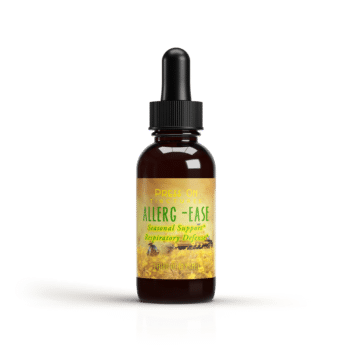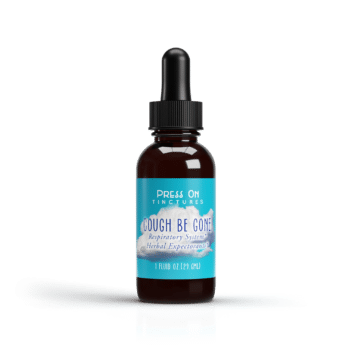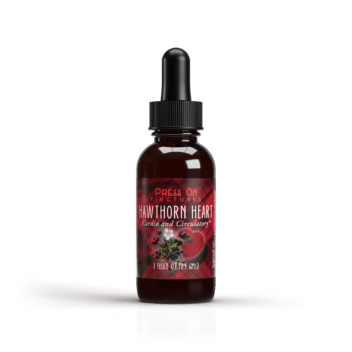
Ginger in Herbal Medicine
Ginger in Herbal Medicine
Ginger has been used for centuries as a staple in herbal medicine due to its numerous health benefits. Known for its spicy flavor and aromatic scent, this root is more than just a culinary ingredient. In this article, we’ll explore how ginger has been utilized in herbal medicine, its benefits for digestion, and its overall health advantages.
The Historical Use of Ginger
Ginger’s journey as a medicinal powerhouse dates back over 5,000 years to ancient China and India, where it was used both as a spice and a remedy. It eventually made its way to the Middle East and Europe, becoming highly prized for its healing properties. Ancient scripts and medical texts from various cultures highlight ginger as a treatment for a range of ailments, from digestive issues to inflammation.
In traditional Chinese medicine, ginger is known as “jiang” and is used to warm the body, dispel cold, and alleviate nausea. Similarly, in Ayurvedic medicine, ginger is considered a universal medicine due to its ability to balance bodily energies and promote health.
Ginger for Digestion
Soothing Digestive Discomfort
One of ginger’s most renowned benefits is its ability to aid digestion. Its natural compounds help stimulate saliva, bile, and gastric juices, which can enhance the digestive process. For those suffering from indigestion, bloating, or gas, ginger can provide much-needed relief.
Ginger contains bioactive compounds, such as gingerol, that help relax the gastrointestinal tract. This action not only reduces discomfort but also prevents cramping and other related digestive issues.
Alleviating Nausea and Vomiting
Ginger is particularly effective in alleviating nausea, whether from motion sickness, pregnancy, or chemotherapy. Its anti-nausea properties have been supported by numerous studies, which suggest that ginger can be as effective as some over-the-counter medications.
For pregnant women experiencing morning sickness, ginger can be a safe, natural remedy. A warm cup of ginger tea or a small piece of raw ginger can help settle the stomach and ease nausea without the side effects associated with some pharmaceutical options.
Broader Health Benefits of Ginger
Anti-Inflammatory Properties
Ginger’s anti-inflammatory properties are another reason it holds a place of honor in herbal medicine. The compounds within ginger, primarily gingerol, have been shown to reduce inflammation, making it beneficial for people with arthritis or other inflammatory conditions. Regular consumption of ginger can help decrease joint pain and improve mobility.
Boosting Immunity
Incorporating ginger into your diet can also enhance your immune system. Its antioxidant properties help fight off free radicals and protect the body from infections. During cold and flu season, a daily dose of ginger can help ward off illnesses and keep you feeling your best.
Managing Blood Sugar Levels
Recent studies suggest that ginger may play a role in managing blood sugar levels, making it a potential ally for those with diabetes. By improving insulin sensitivity, ginger can help regulate blood sugar and reduce the risk of complications associated with diabetes.
Supporting Cardiovascular Health
Ginger’s ability to improve heart health is also noteworthy. It can help lower cholesterol levels, reduce blood pressure, and prevent blood clots, all of which contribute to a healthier cardiovascular system. By incorporating ginger into your daily routine, you can support your heart health and reduce the risk of heart disease.
How to Incorporate Ginger into Your Diet
Ginger’s versatility makes it easy to include in your diet. Here are some simple ways to enjoy ginger and its health benefits:
- Tea: Brew fresh ginger slices in hot water for a soothing and aromatic tea. Add honey or lemon for additional flavor.
- Smoothies: Add a small piece of ginger to your morning smoothie for an extra kick of flavor and health benefits.
- Cooking: Incorporate ginger into your cooking by adding it to stir-fries, soups, or marinades.
- Supplements: If you prefer a more concentrated form, ginger supplements are available in capsules or powdered form.
Safety and Precautions
While ginger is generally safe for most people, it’s important to consume it in moderation. Excessive consumption can lead to heartburn, diarrhea, or irritation of the mouth. Pregnant women, those on blood-thinning medications, or individuals with gallstones should consult a healthcare professional before significantly increasing their ginger intake.
Conclusion
Ginger’s rich history and wide range of health benefits make it a valuable addition to any herbal medicine cabinet. From aiding digestion to boosting immunity and supporting heart health, ginger is a powerful natural remedy that has stood the test of time. By incorporating ginger into your daily routine, you can enjoy its numerous benefits and improve your overall well-being.
Whether you choose to sip on ginger tea, add it to your meals, or take it as a supplement, this remarkable root is sure to enhance your health in countless ways. Embrace the power of ginger and experience the ancient wisdom of herbal medicine in your modern life.







